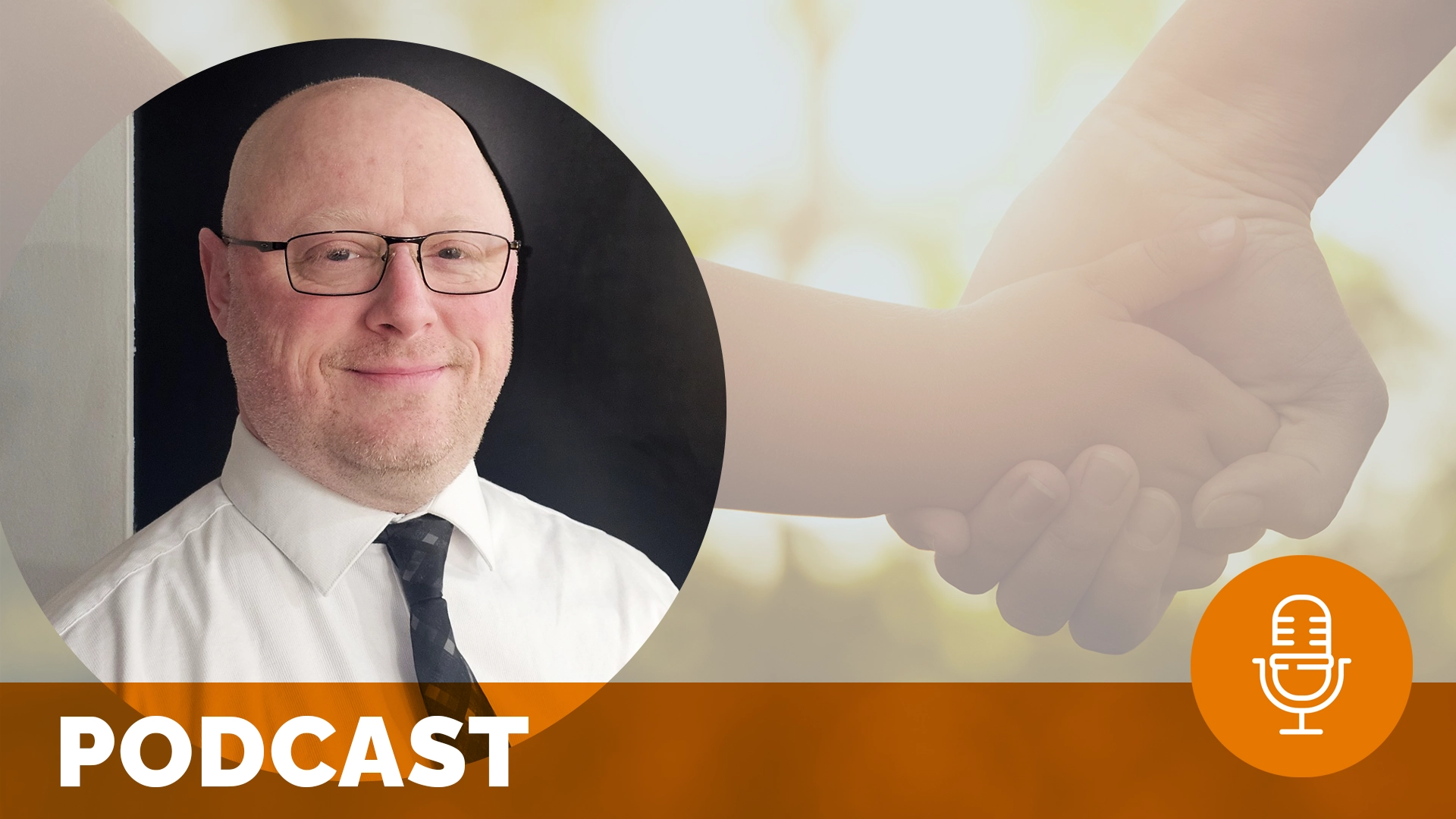Self-Care Leads to the Best Care!

Our wellness journey began pre-pandemic in March 2019 with a generalized inquiry and inventory about wellness opportunities available at our organization. At the time, our established services and programs offered included: chaplaincy/spiritual support, limited Reiki, limited music therapy, seated yoga, therapist-facilitated therapy-based Zumba and yoga groups, and the C.A.R.E. Channel available in every patient room. By April 2019, we initiated a patient survey about patient perspective and interest in wellness offerings. 110 patients participated in the survey and the findings revealed the changing interests of our present patient population. Our data showed that some of our patients already practiced some form of self-care wellness and were interested in practicing as a part of their rehabilitation program; some were aware of self-care wellness but had not yet explored or integrated into their lifestyle; others were aware of self-care wellness and were open to learning more and exploring if options were made available. Our patients shared that their primary reasons for exploring self-care wellness practice during their inpatient rehabilitation stay at Gaylord included pain reduction, relaxation, improved mood and sleep and spirituality.
I shared the internal survey data, patient comments and supportive research information about alternative wellness with our c-suite leadership group. In the next few months, things began to move quickly – an ad hoc wellness committee was developed and additional informal initiatives began to take shape by the end of the year.
However, in March 2020, COVID derailed everything and stopped us in our tracks. By fall of the same year, still in the grips of the pandemic, a greater awareness for the need for patient and staff wellness emerged. As a result, the Office of Integrated Medicine (OIM) was formed and both donor and grant funding were secured! With this generous and unexpected financial support for wellness, we were able to plan and develop a wellness program.
The following winter, our c-suite leaders supported a partnership with the Copper Beech Institute for onsite patient and staff mindful-based stress reduction (MBSR) meditation sessions, as well as the selection of six to eight staff members to participate in MBSR facilitator training. Other wellness initiatives included a wellness cart to help promote staff wellness for self-care, resiliency and appreciation. Our cart was offered on all three shifts every other month to all departments and staff. Its focus was on offering healthy snacks, seasonal beverages, a wellness menu of free staff services and Thoughtfuls® notes of gratitude and encouragement (available through Amazon). Yoga, pilates and chair massage services were offered to staff as was a therapeutic drumming activity, aromatherapy and mindfulness meditation. Our established services for our patients were also expanded for chaplaincy/spiritual support, music therapy, aromatherapy and we included a mindfulness on-demand program. Our wellness cart was so well-received that our leadership decided to also initiate a gratitude cart. While the general focus of the two carts differed, there was an overlapping quality of gratitude.
As the pandemic began to wind down, we had to discontinue our wellness cart efforts as they were not sustainable. As our wellness initiatives continued to grow, so did the need for a coordinator, so the OIM was able to hire a part-time Wellness Coordinator. With this position, we were able to better coordinate patient-scheduled wellness services, increase Reiki offerings, begin to develop patient massage initiatives and initiate research studies. Our early initiatives overlapped with human resources, but we have since separated efforts so that the OIM is focused on our patients while HR is focused on our employees, so that wellness can be brought to all.
About the author:
Dorothy joined Gaylord Specialty Healthcare in 1998 and in her 25 years with the organization, she has worn many hats that integrate her clinical experience background with her personal dedication for exceptional patient experience delivery to align with the mission and values of Gaylord.
In October 2014, Ms. Orlowski committed to improve the Patient Experience and Satisfaction through the newly developed PX Office. In her role as Manager of Patient Relations and Volunteer Services, she oversees Patient Experience, Patient Satisfaction, Patient Advocacy, Family Experience, On–campus Family Cottages, Volunteer Services, and shares the role of content creator and manages the logistics for the inter–organizational Message in a Minute. videos. Most recently, Dorothy joined on as a steering committee member of the Office of Integrative Medicine that develops and promotes Self–Care Wellness Initiatives to Patients and Staff during COVID and post–pandemic to increase resiliency. For more information about Gaylord, please visit https://www.gaylord.org/.
Related content
-
 Staff & Provider Engagement
Staff & Provider EngagementA New Take on Patient Advocacy Rounding: An Advocate-to-Caregiver Approach Improving both the Caregiver and Patient Experience
By Kelly Gibbons MSN, RN Rounding is a well-established practice in healthcare, known for significantly improving patient experience scores, reducing safety incidents, and enhancing caregiver satisfaction. But how can patient advocacy teams integrate into the rounding process to benefit not only the patient experience but the caregiver experience at the same time? Many patient advocacy
Learn more -
 Staff & Provider Engagement
Staff & Provider EngagementWork-Life Balance in Healthcare: Caring for Yourself to Care for Others
Achieving work-life balance is essential for overall well-being, especially in healthcare. Join us as Robert Cote, a patient advocate for the VA, shares his personal journey through imbalance and the steps he took to restore stability. Discover the warning signs, practical strategies for self-care, and the importance of setting boundaries. Cote’s powerful message reminds us:
Learn more -
 Culture & Leadership | Patient Family & Community Engagement | Quality & Clinical Excellence | Staff & Provider Engagement
Culture & Leadership | Patient Family & Community Engagement | Quality & Clinical Excellence | Staff & Provider EngagementPX Chat – Leading with Equity: DEI & the Patient Experience in Today’s Climate
12pm ET / 11am CT / 10am MT / 9am PT – In a time of heightened political and cultural tension, advancing diversity, equity, and inclusion (DEI) in healthcare is both more critical and more complex than ever. This PX Chat offers a dedicated space for members of The Beryl Institute focused on DEI efforts
Learn more
